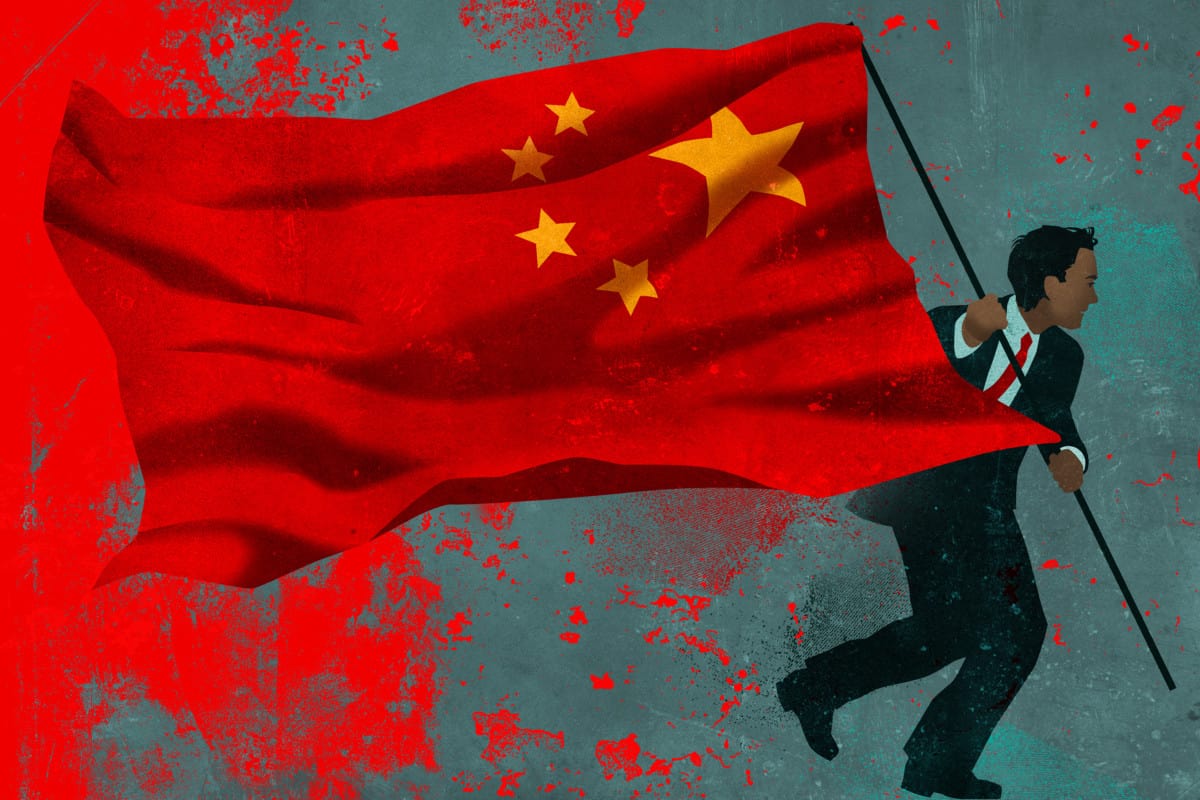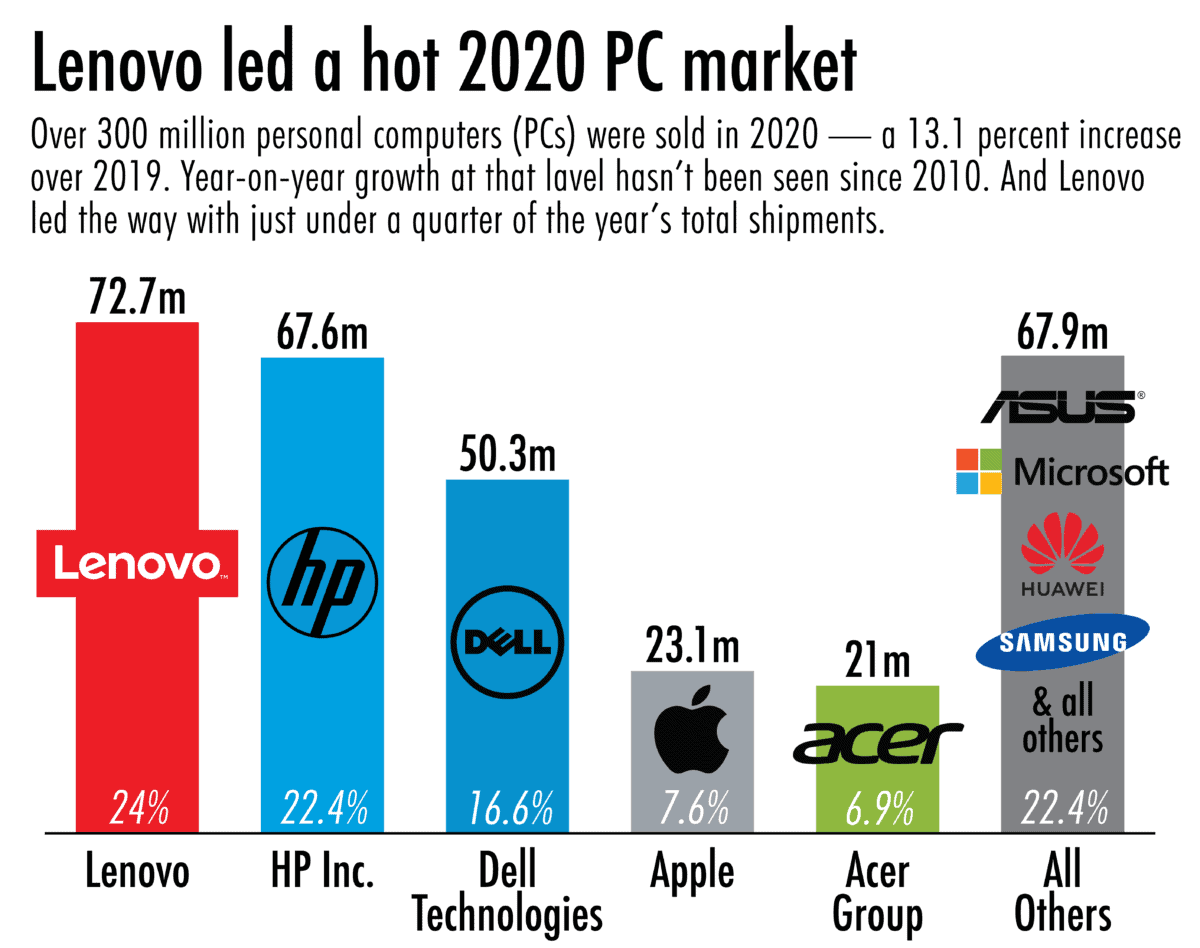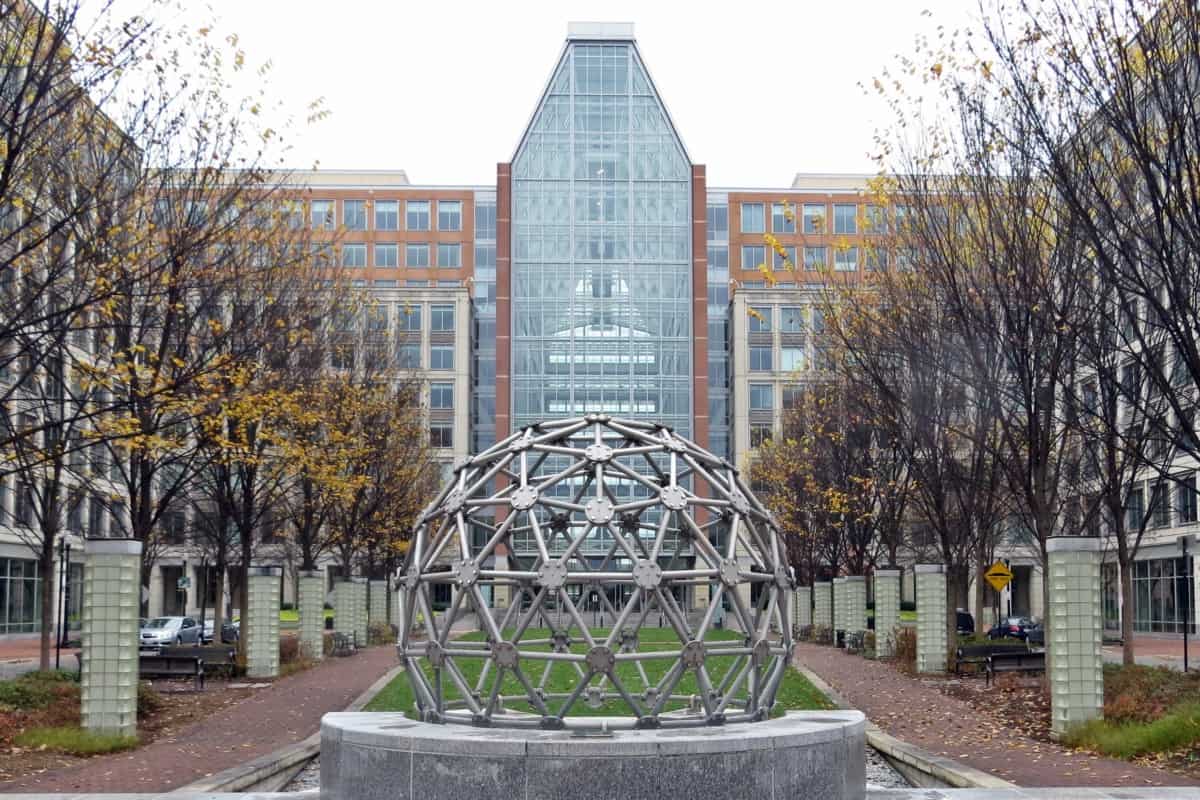Good evening. Did you know that between 2012 and 2017, Beijing nearly doubled its spending on diplomacy to $7.8 billion? In 2019, its diplomatic network overtook that of the United States, with 276 embassies and consulates around the world. And yet Chinese diplomacy in recent years has been denounced by much of the world for its bullying, ‘wolf warrior’ nature. Our cover story this week, an excerpt from Peter Martin’s new book, delves into the history and context of China’s diplomatic corps to better understand why they act the way they do. Elsewhere, we have an interview with Scott Rozelle, a development economist, about the problems posed by China’s massive rural population; infographics about Lenovo and its global presence; reporting on the strange surge in U.S. trademark applications coming from China; and an op-ed from David Shambaugh about the Chinese Communist Party’s 100th birthday and its uncertain future. If you’re not already a paid subscriber to The Wire, please sign up here.
Want this emailed directly to your inbox? Sign up to receive our free newsletter.

China’s Wolfpack
From bursting, uninvited, into a foreign minister’s office to tweeting out incendiary remarks, the recent behavior of Chinese diplomats has earned them the label of “wolf warriors” — and helped fuel a global backlash against Beijing. Indeed, the very people who should be most concerned about their country’s reputation seem to be consistently acting in ways that clearly undermine it. In the process, they have become symbols of the threat posed by a rising China. Why is this emerging superpower struggling to take advantage of the diplomatic opportunities presented to it? Peter Martin explains what is going on — systemically and individually — in this week’s cover story.

The Big Picture: Lenovo’s Legendary Reach
Lenovo has stayed hot despite the frosty climate for Chinese tech companies. The world’s top personal computer (PC) seller has largely escaped the high-profile crackdowns that have marred the outlook for other high-profile Chinese firms such as Huawei and Hikvision. Lenovo has, in fact, benefited from the surging PC market during the pandemic, with its annual revenue reaching a record $60.7 billion last year. This week, The Wire‘s infographics look back at Lenovo’s global presence, its parent company’s reach, and its history since its groundbreaking 2005 acquisition of IBM’s PC business.
A Q&A with Scott Rozelle

Scott Rozelle is a development economist who has spent more than three decades researching rural development in China. His new book Invisible China, written with Natalie Hell, warns of a growing divide between urban and rural China in terms of education, health and income. In this week’s interview with David Barboza, he talks about the potential consequences of such a large underclass and offers warnings about why everyone outside of China should not want China’s economy to fail.
Scott Rozelle
Illustration by Kate Copeland

Photo by Getty Images
The Chinese Communist Party at 100
On July 1 the Chinese Communist Party (CCP) will celebrate its centenary anniversary — an impressive feat considering the many “near death” existential experiences it has faced. But while the CCP has much to celebrate, George Washington University’s David Shambaugh walks us through how the Party’s recent dictatorial turn, led by Xi Jinping’s personal power grab, is not a recipe for indefinite longevity. With a selective understanding of its past and the Xi-centric caricature of its present, he argues, the future of the CCP is much less certain.

China’s Patent Push
As of May 31 of this year, the U.S. Patent and Trademark Office had received 77,305 filings from China — just under half of the total filed by U.S.-based businesses, and a more-than three fold increase over the same period last year. The surge in filings has arisen in part due to government financial incentives offered to Chinese companies in recent years to seek trademark registrations in countries like the U.S. and U.K., as China seeks to bolster its reputation for innovation. But, as Anastasiia Carrier reports this week, American attorneys say the incentives provide an opportunity for Chinese interests to make a quick profit from bogus applications, all the while clogging up the process for companies filing for genuine trademarks.
Subscribe today for unlimited access, starting at only $19 a month.



